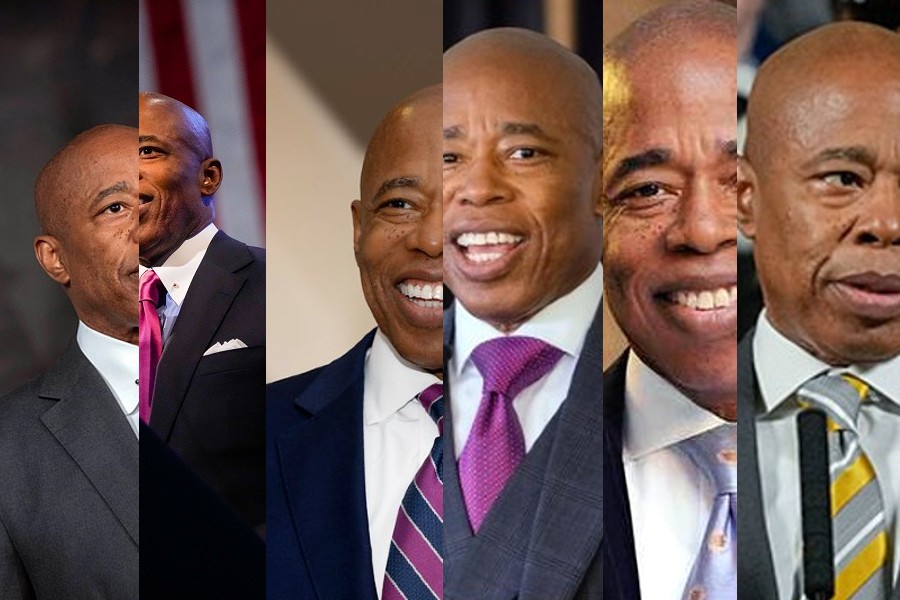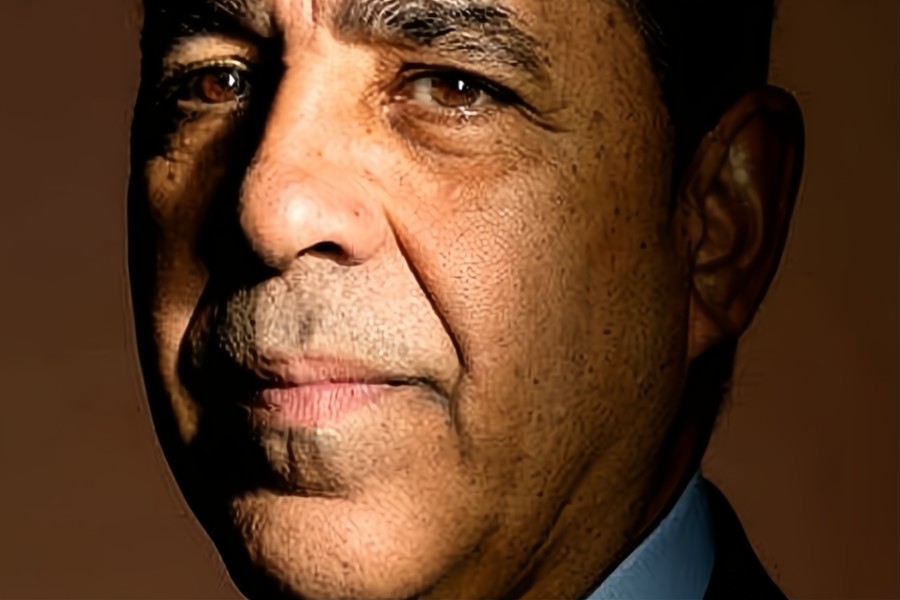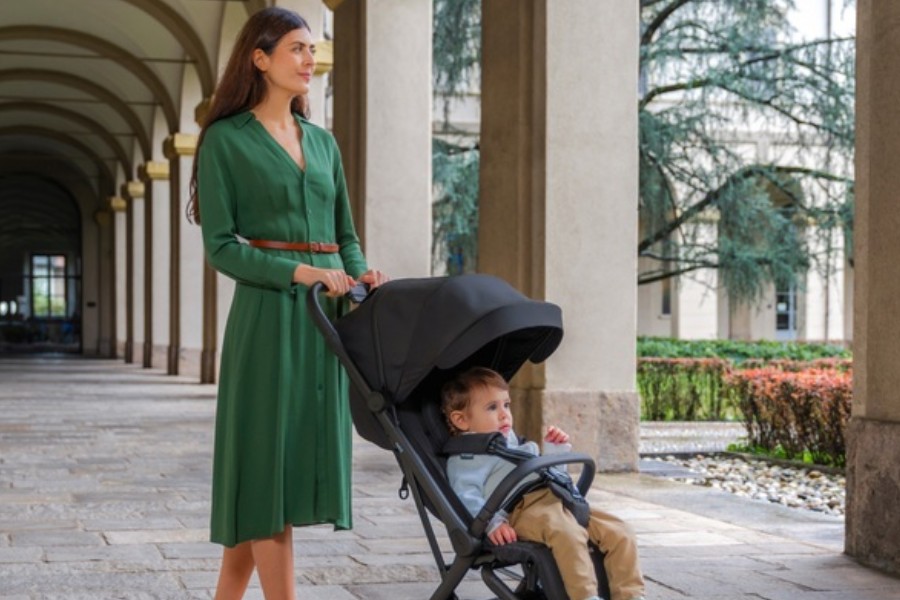The African Methodist Episcopal Zion Church Corporation is a major faith-based organization servicing more than 1,000,000 members utilizing a membership business model as its revenue base. It manages its corporate business through a triune management process that includes the General Conference (a meeting every four years of the corporate membership through delegates that set the business agenda and budget of the corporation for four years), the Board of Bishops (a twelve person board, each responsible for a geographical area know as an Episcopal District) and twelve elected General Officers or Department Heads (individual area secretaries, directors and editors whose responsibilities vary over specific units of the church). Our corporate headquarters is located in Charlotte, North Carolina but each Bishop maintains an Episcopal office near where they live.
In an article on the bicentennial of the A.M.E. Zion Church for the Ebony magazine, author, Lisa Jones Townsel, wrote, “Officially born October 1796, the new Black denomination was chartered in 1801 and firmly established in 1820 when the leaders voted themselves out of the White Methodist Episcopal Church. The next year, church founders agreed to call the church the African Methodist Episcopal Church in America. But to distinguish this New York-based group from the Philadelphia Black Methodist movement which emerged about the same time, the word “Zion” was added to the title during the church’s general conference in 1848.
With its identity problems resolved, the AME Zion Church made the salvation of the whole person–mind, body and spirit–its top priority. At the crux of its ministry lay racial justice, peace and harmony, thus earning it the title, the Freedom Church.
As the ministry expanded, so did the denomination’s emphasis on education. “In order to succeed in American society as productive citizens, we [the newly freed slaves] need to become an educated citizenry,” an early AME Zion member once said. In keeping with that goal, the Church maintains four colleges and universities today, which are Livingstone College in Salisbury, N.C., Clinton Junior College in Rock Hill, S.C., and Lomax-Hannon Junior College in Greenville, Alabama, and A.M.E. Zion University in Monrovia, Liberia. Additionally it maintains two theological seminaries, Hood Theological Seminary in Salisbury, NC and Hood Speaks Theological Seminary in Akwa Ibom State, Nigeria. (emphasis and information added)
Devoted to religious, educational and social causes, the AME Zion Church and its members have been instrumental in many of the freedom struggles of this nation, dating back to the days when former slaves Frederick Douglass, Sojourner Truth and Harriet Tubman led the first wave of Black social activism. Since that time, AME Zion members have made other significant contributions. AME Zion Bishop Alexander Walters, along with Dr. W.E.B. DuBois, helped to found the NAACP. Bishop Walters was also a pioneering member of the Pan-African Congress. And many of the denomination’s clergy and lay people were active participants in the Civil Rights Movement of the ’60s.
Along with its emphasis on ministry and social change here in the United States, the denomination has focused much of its attention and energies on outreach abroad. To date, the AME Zion Church has member churches on all continents except Australia. In West Africa, in particular, the denomination has set up numerous schools and clinics throughout Ghana and Nigeria. The Church also has facilities in Liberia, though some of its main structures have been destroyed by civil war. Overseas missions are a crucial component of the AME Zion Church’s outreach, but the denomination believes in charity starting at home. That is why, over the years, several individual churches have implemented programs to help families to find low-income housing, jobs, financial planning assistance, health care and day care services. “Our concern is for the whole person,” says Bishop Cecil Bishop, the (retired former) senior bishop of the AME Zion Church. “We have a holistic approach and a holistic gospel. We don’t feel that we live in a kind of compartmentalized sense, but that life is a complete whole. So we have to be concerned about all of those amenities of life that help make up wholeness in an individual.”
The outward person is important, but the primary focus of the AME Zion Church remains spirituality and “sharing the good news of the gospel,” says the former senior bishop.
As we, the AME Zion Church continues to expand and diversify its ministry, we also are preparing to lead an ever increasing youthful church body into the next century.
Become a Harlem Insider!
By submitting this form, you are consenting to receive marketing emails from: . You can revoke your consent to receive emails at any time by using the SafeUnsubscribe® link, found at the bottom of every email. Emails are serviced by Constant Contact



















